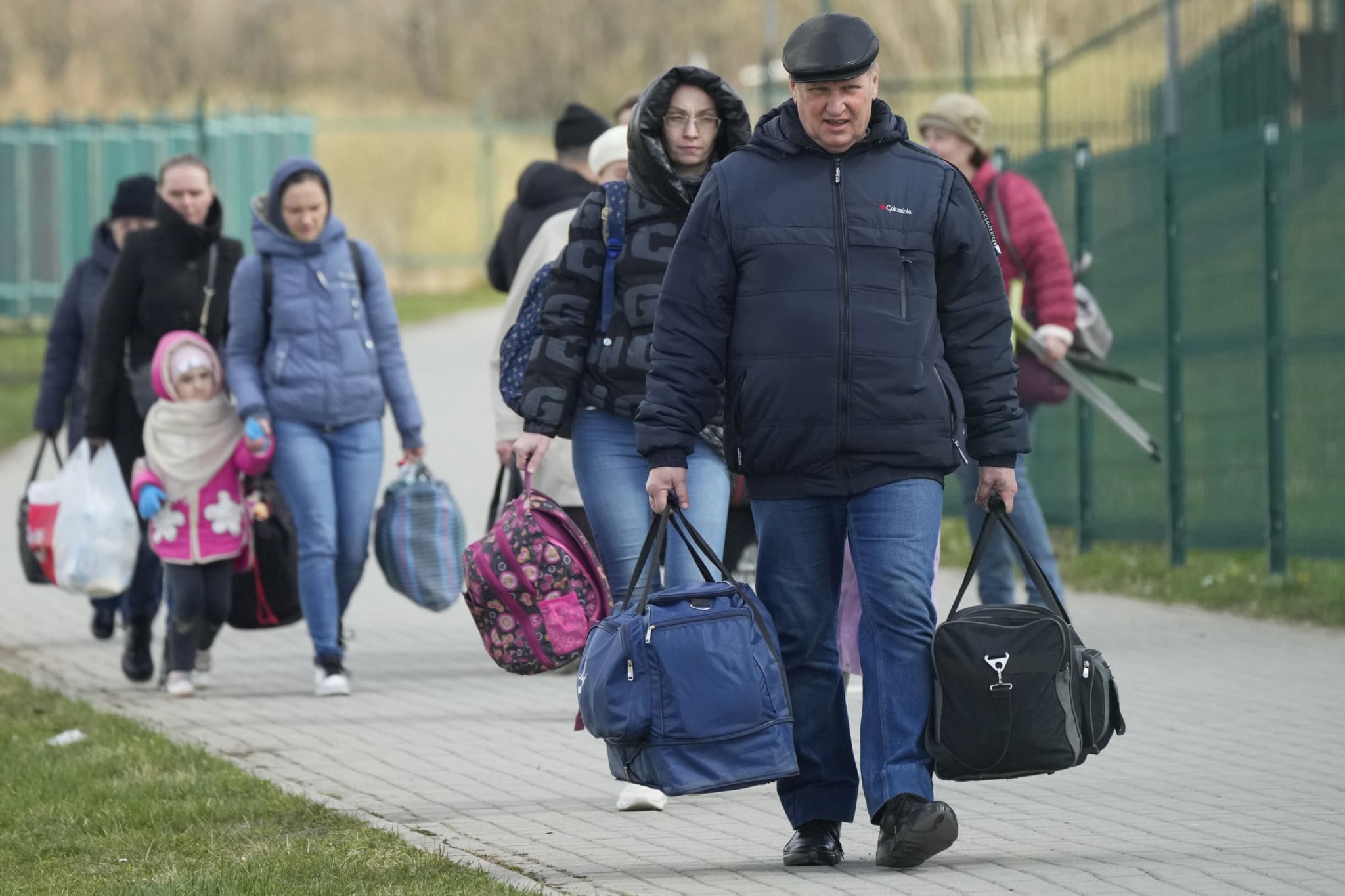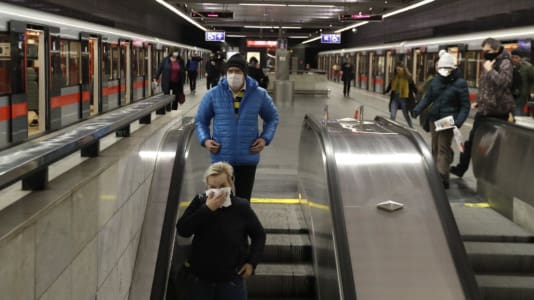The ongoing refugee crisis as Ukrainians continue to flee their homeland following the Russian invasion will cost Czechia approximately 54 billion korunas (€2.2 billion), according to strategic documents presented by the government.
The Czech Interior Minister Vít Rakušan believes that while the influx of refugees has stabilized, the costs to the country will be significant, although the government should be able to claim the costs back from the European Commission.
The strategic document presented by the deputy prime minister contains plans for adapting the healthcare and education systems in the country to cater for a greater number of users. Regional authorities and the opposition are expected to comment on the document shortly.
According to EU Commissioner Věra Jourová, who took part in the government’s meeting, the ministers will be able to claim costs from the European Commission back to Feb. 24, when Russia launched the invasion.
According to Rakušan, the first crisis phase of the migration wave from Ukraine is now moving on to the next, when longer-term solutions will be needed. However, according to him, the situation has now stabilized.
“We have higher numbers of people leaving the Czech Republic than those who arrive,” the minister said.
“We are not border countries. They are leaving us, we do not know where. But there is also a return to Ukraine from Czechia. For example, some people only go to check their property,” he added to a question from journalists about where the Ukrainians are going.
So far, over 300,000 Ukrainians have arrived in the Czech Republic. The country has issued 285,000 temporary protection visas. The EU as a whole has issued only around 900,000.
“This shows the effectiveness of the system we have created,” the minister emphasized. “We do not have people sleeping in the streets and parks on benches. We do not have refugee camps and modular cells, do not create ghettos,” Rakušan added, indicating that only 900 Ukrainians in the Czech Republic are currently living in humanitarian accommodation.





